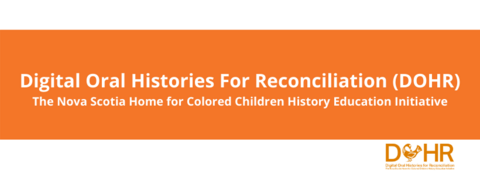New findings show differences between rational vs. reasonable decision making in economic games
Wisdom science, an interdisciplinary field of studies that looks at sound judgment and decision making, suggests that people can be guided by rational or reasonable standards when making gaming decisions. How can we better understand the difference between rationality through studying behaviour in socially-oriented games?

